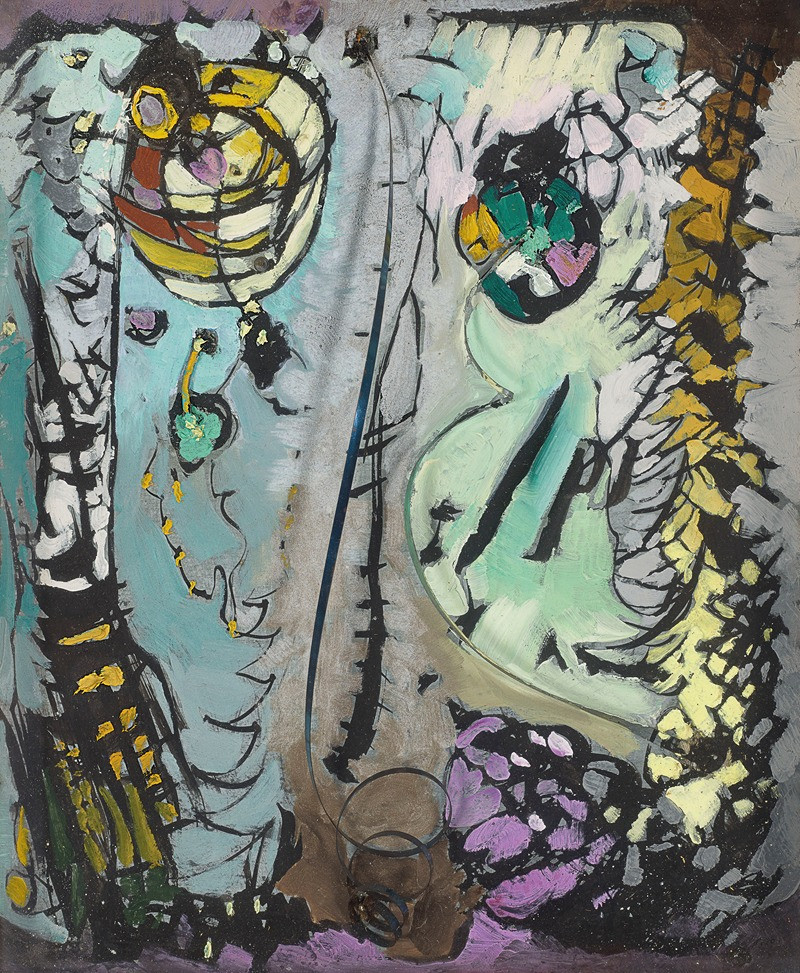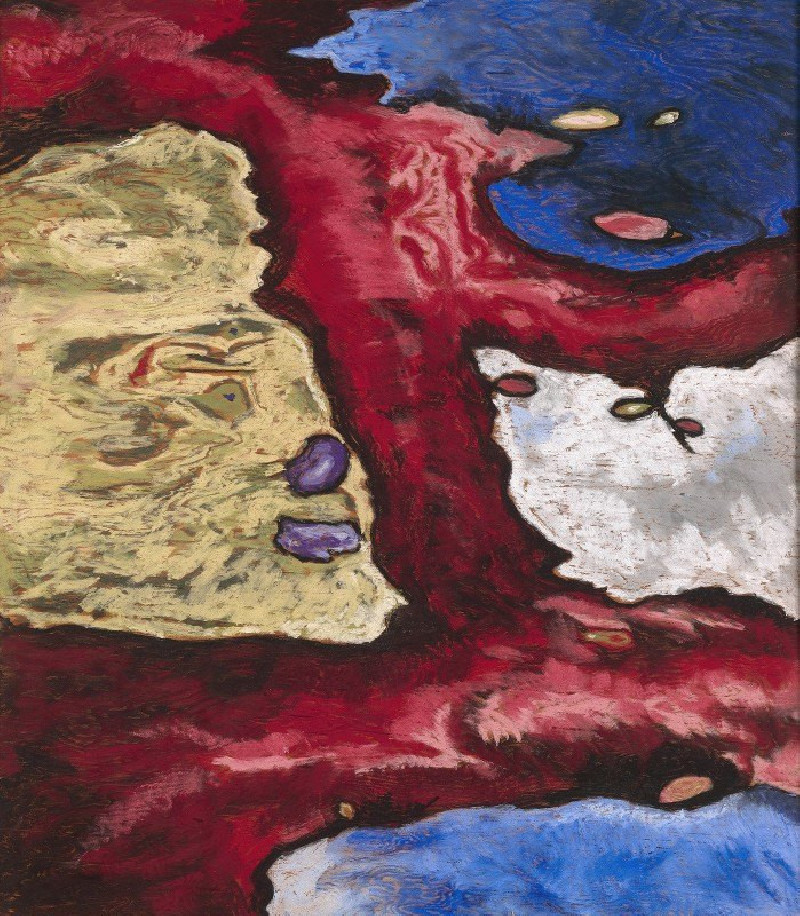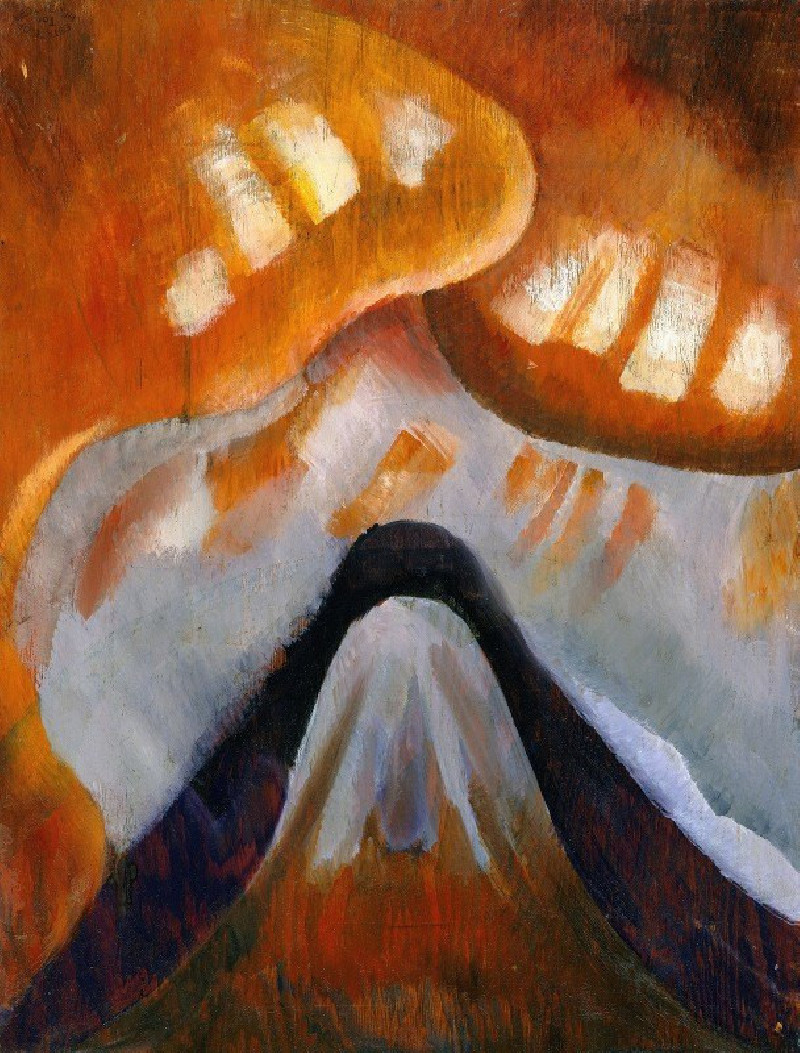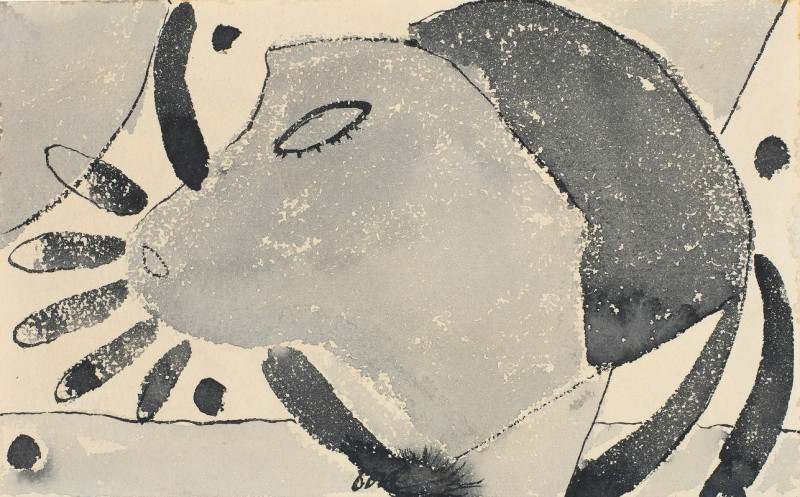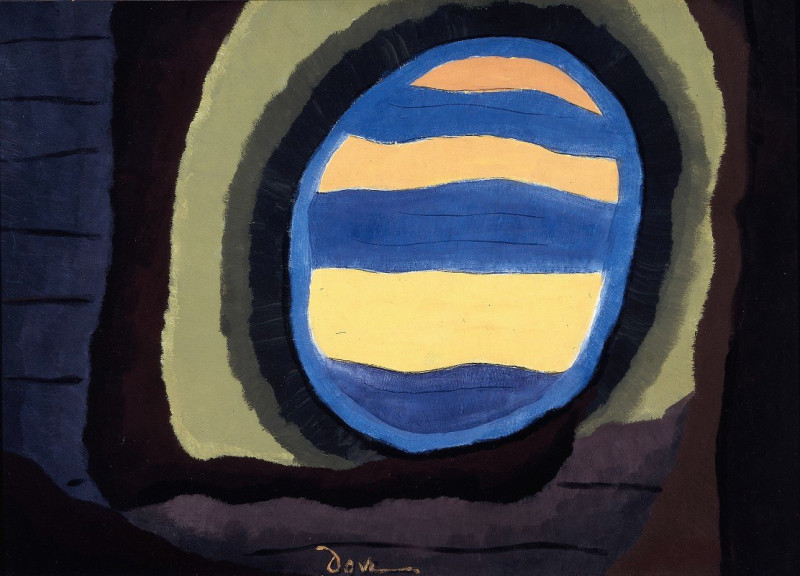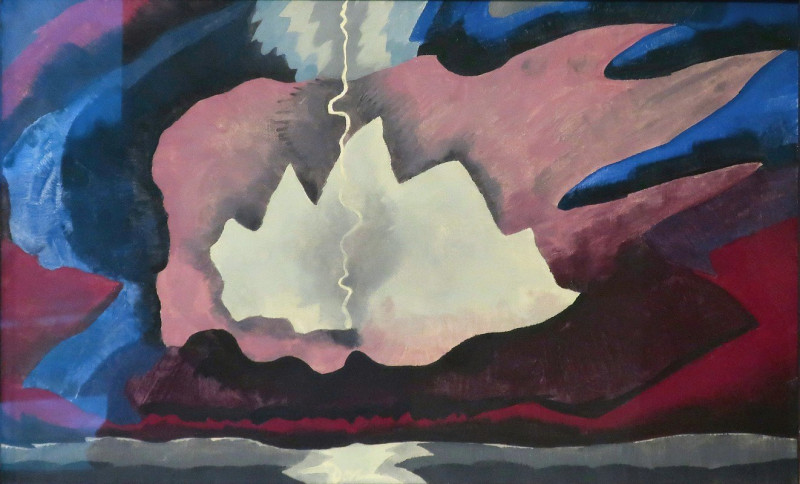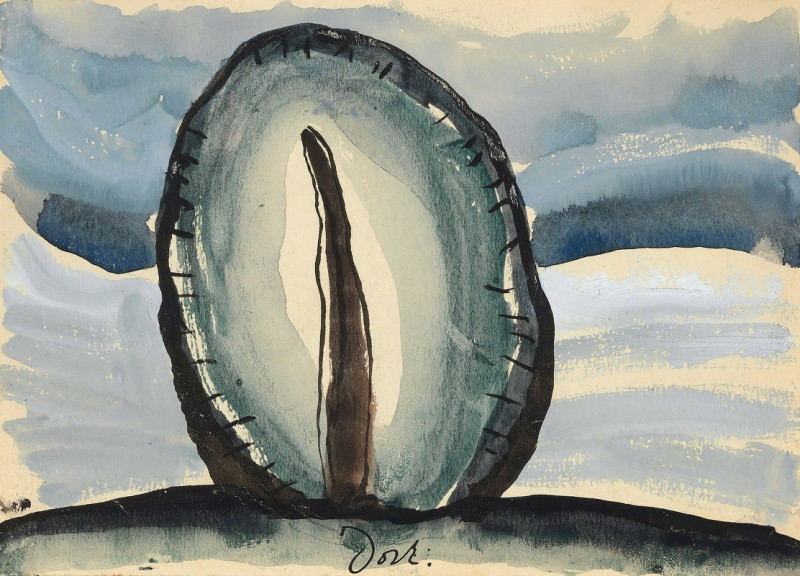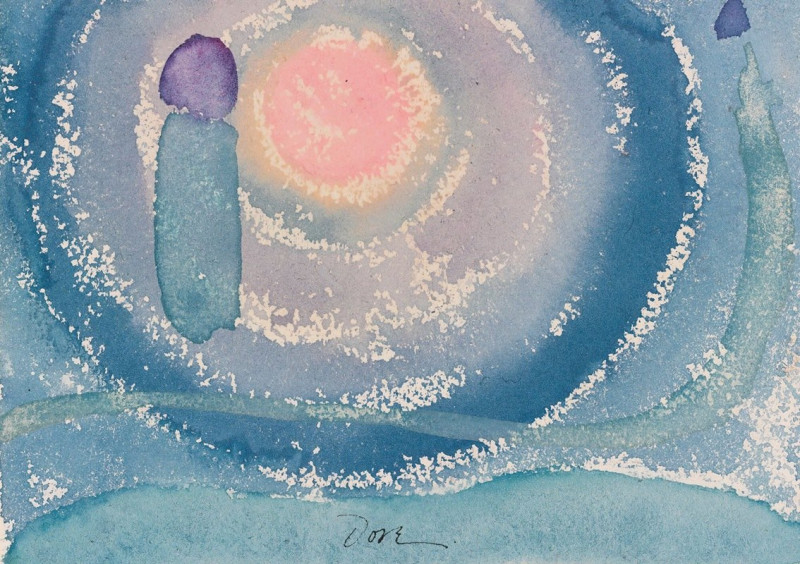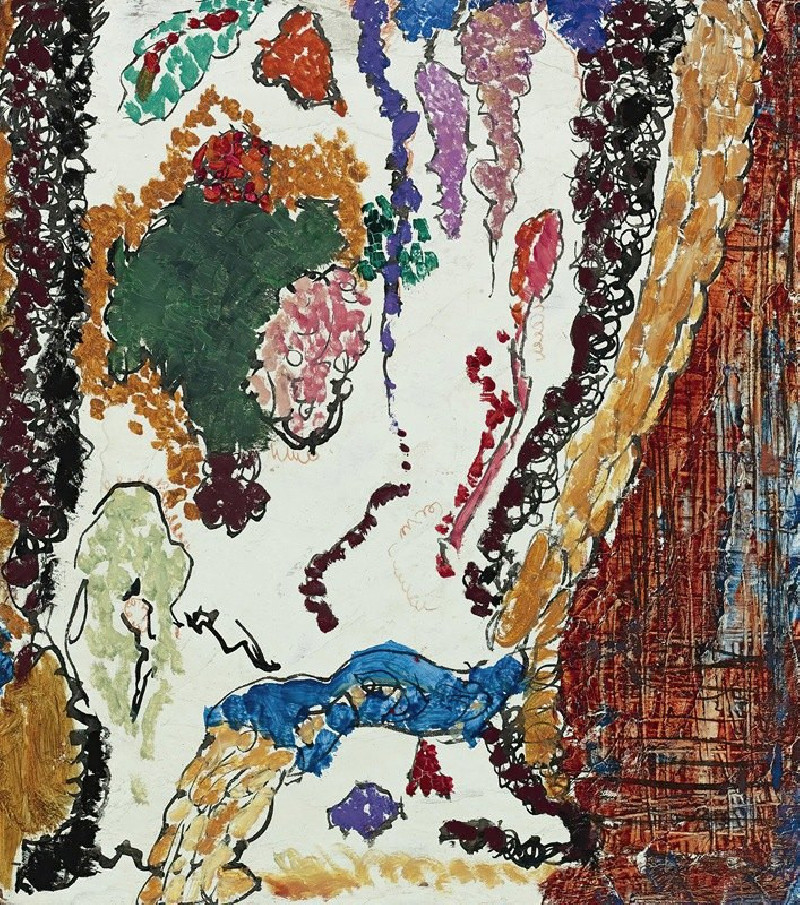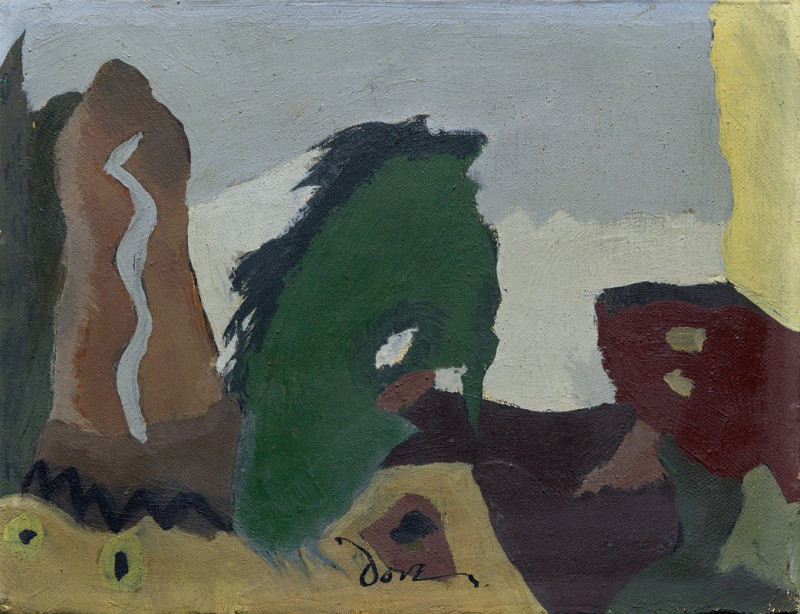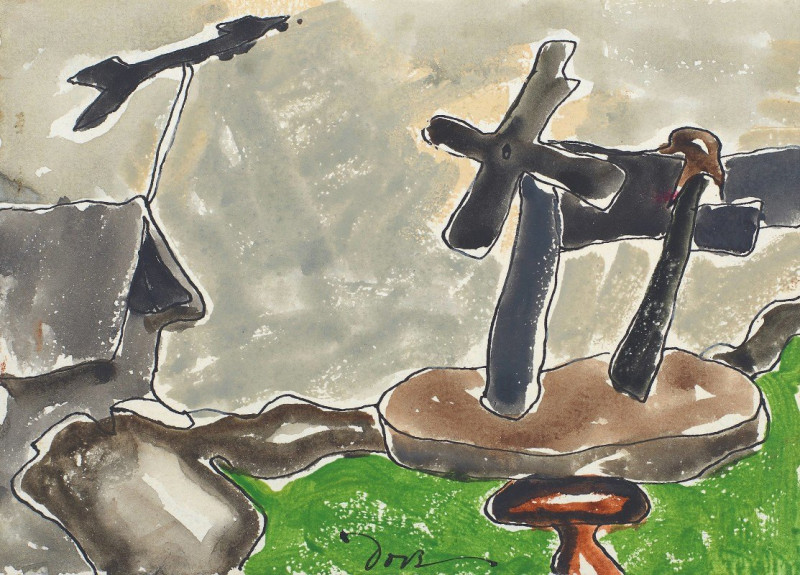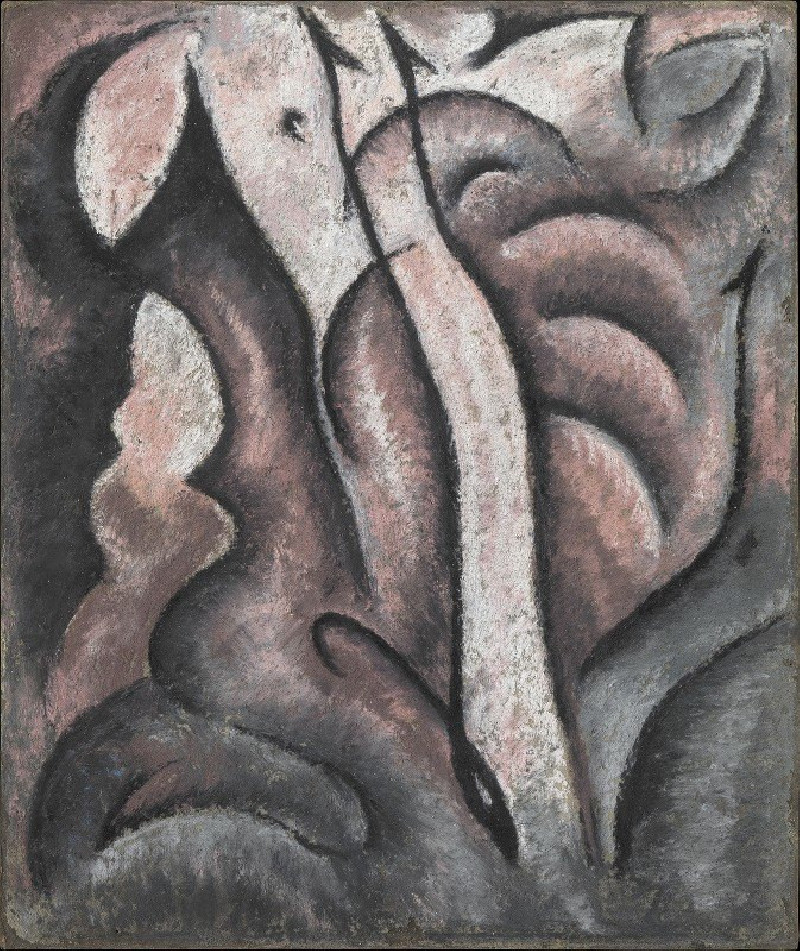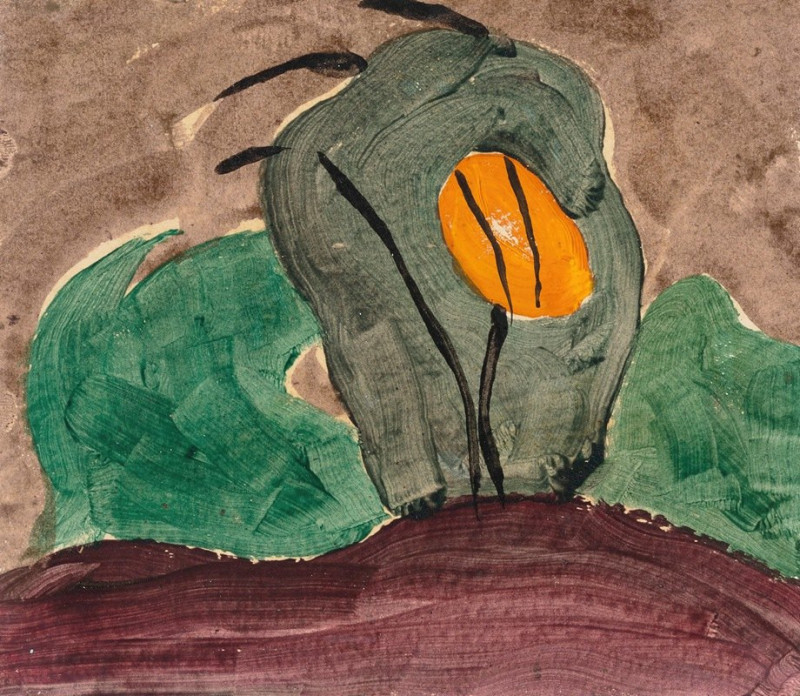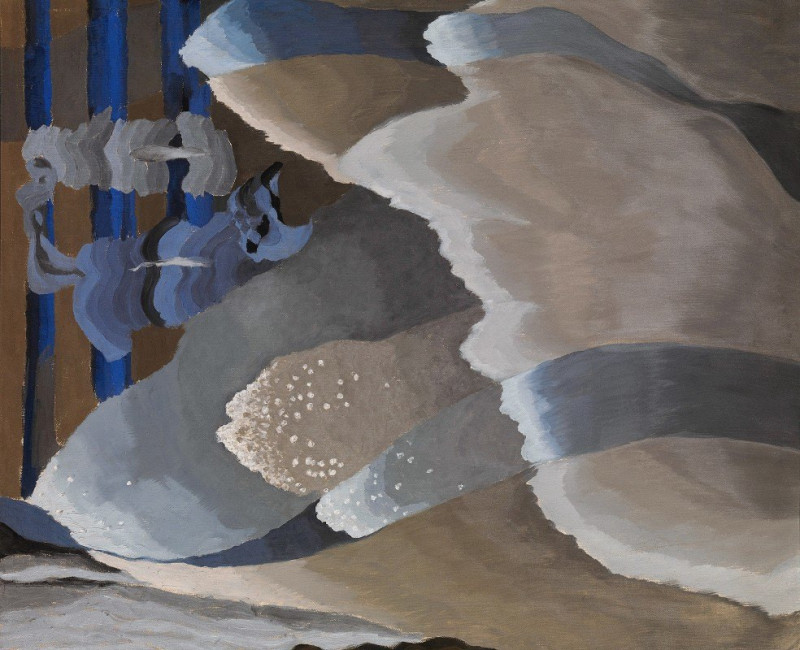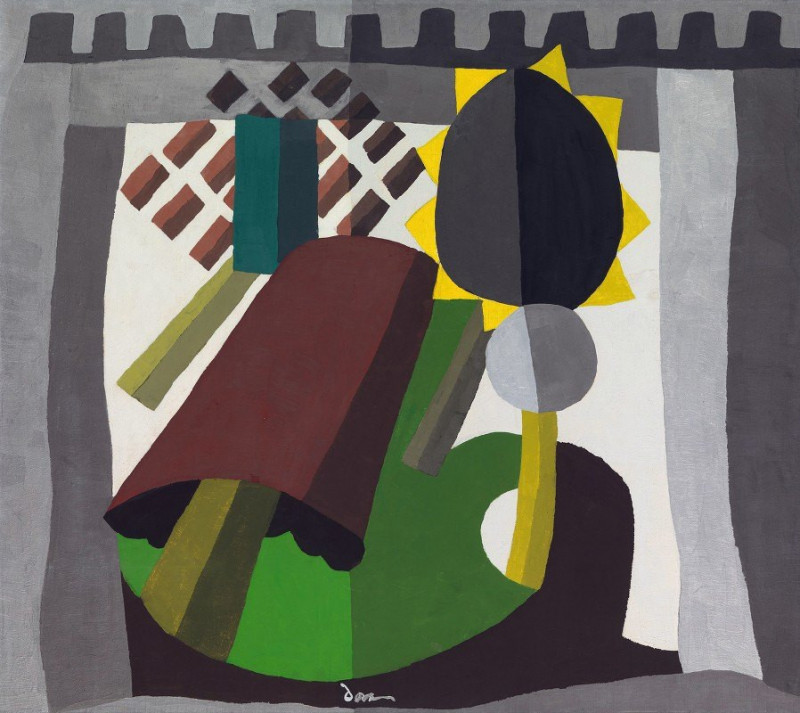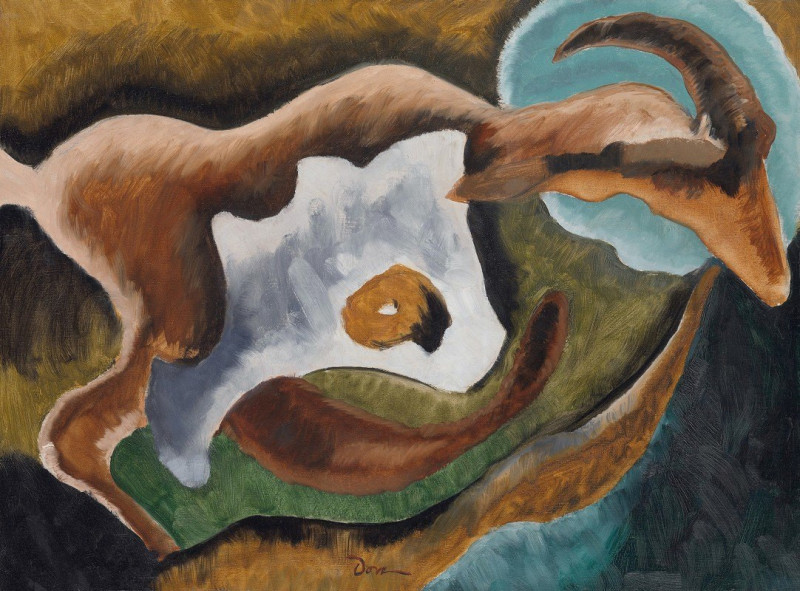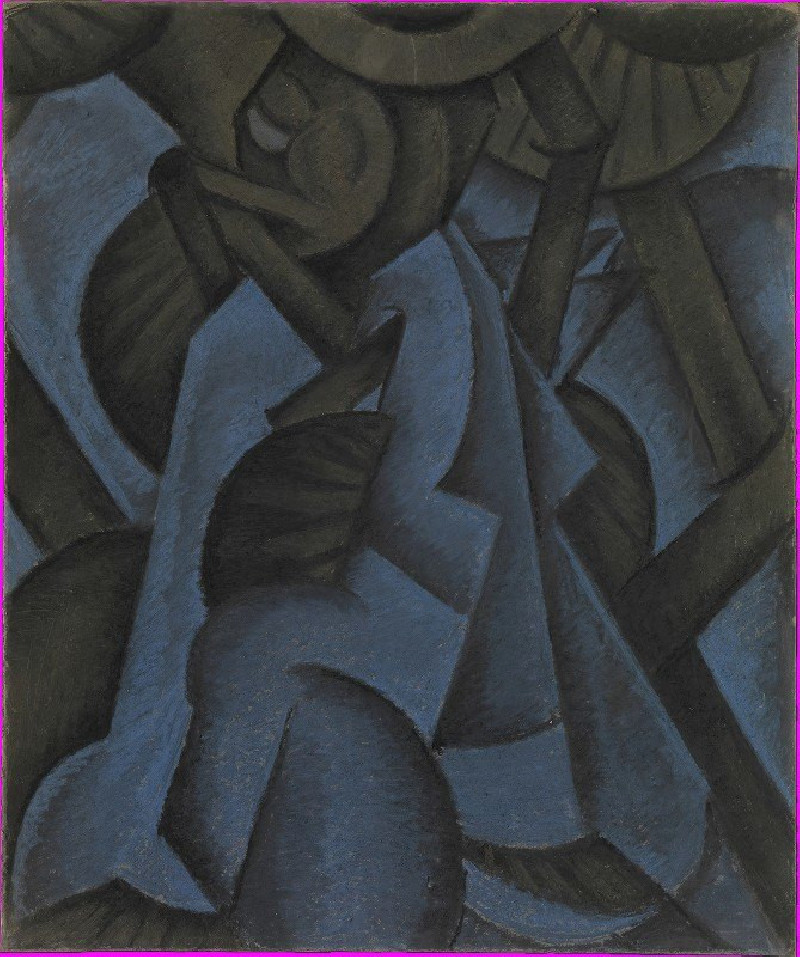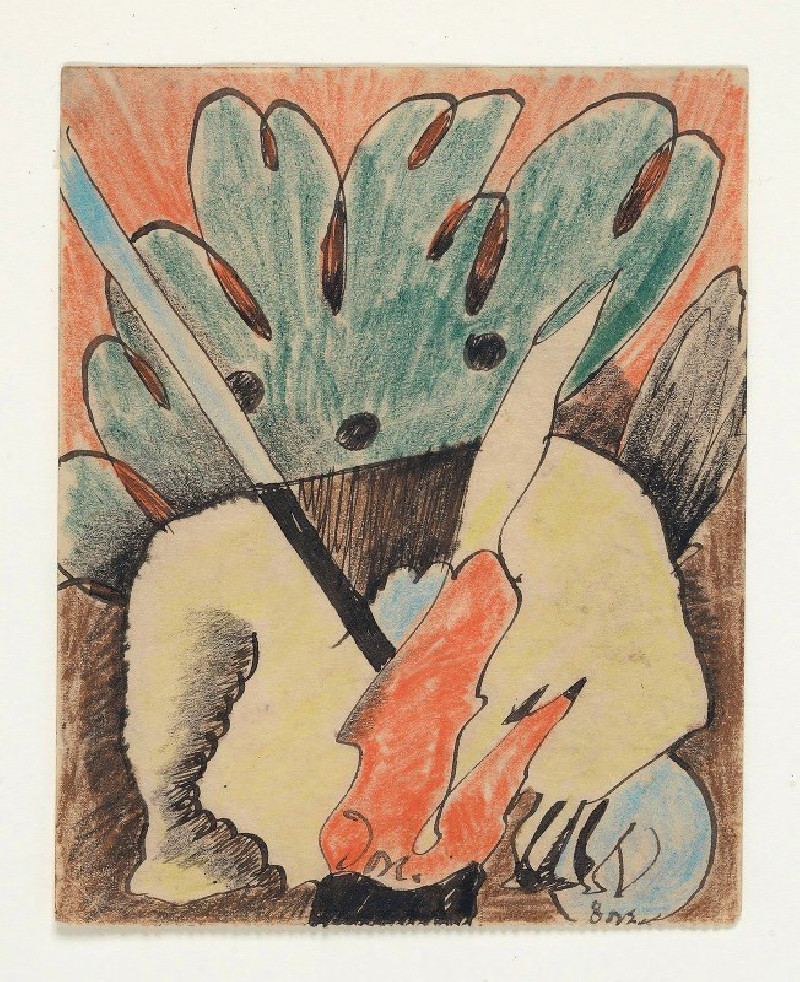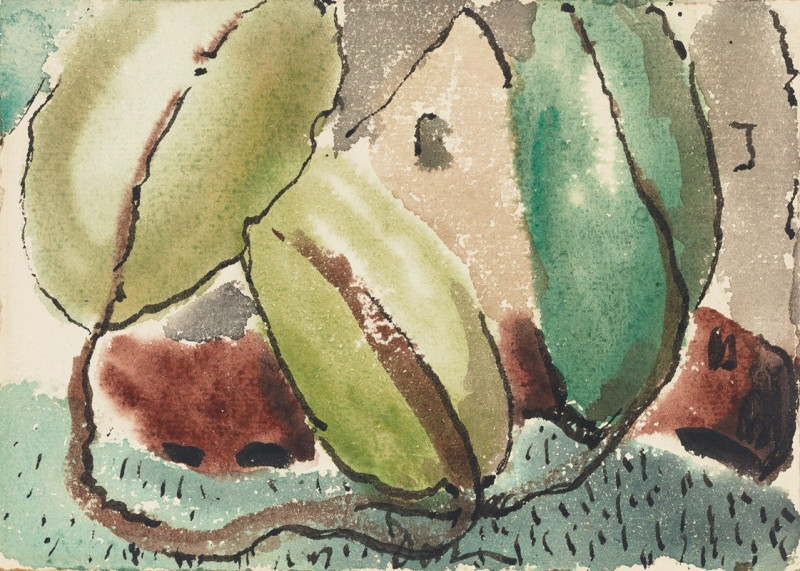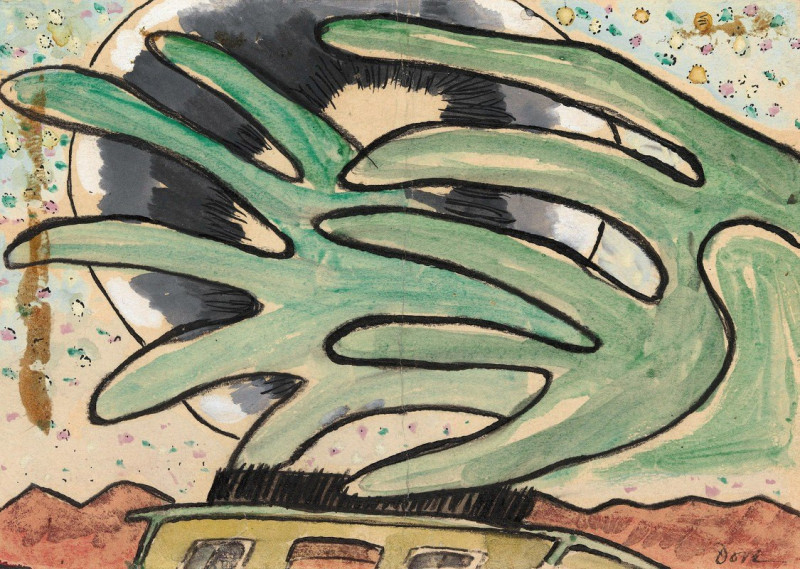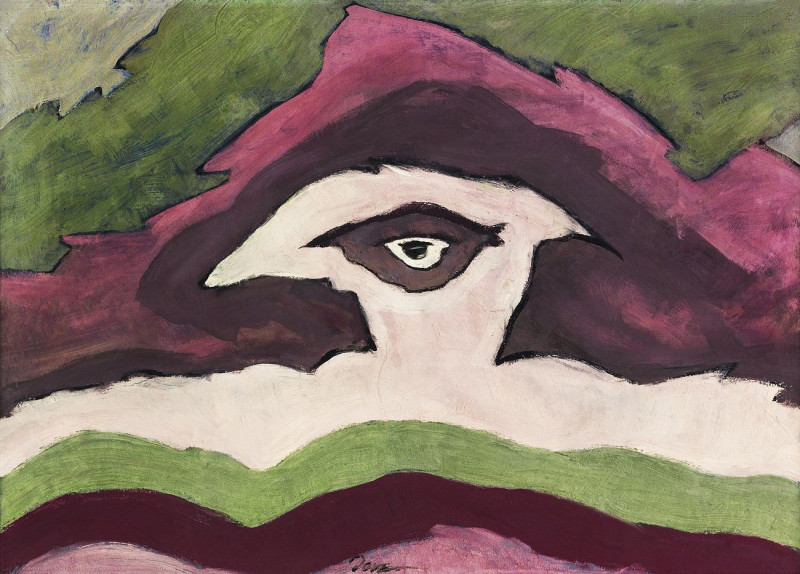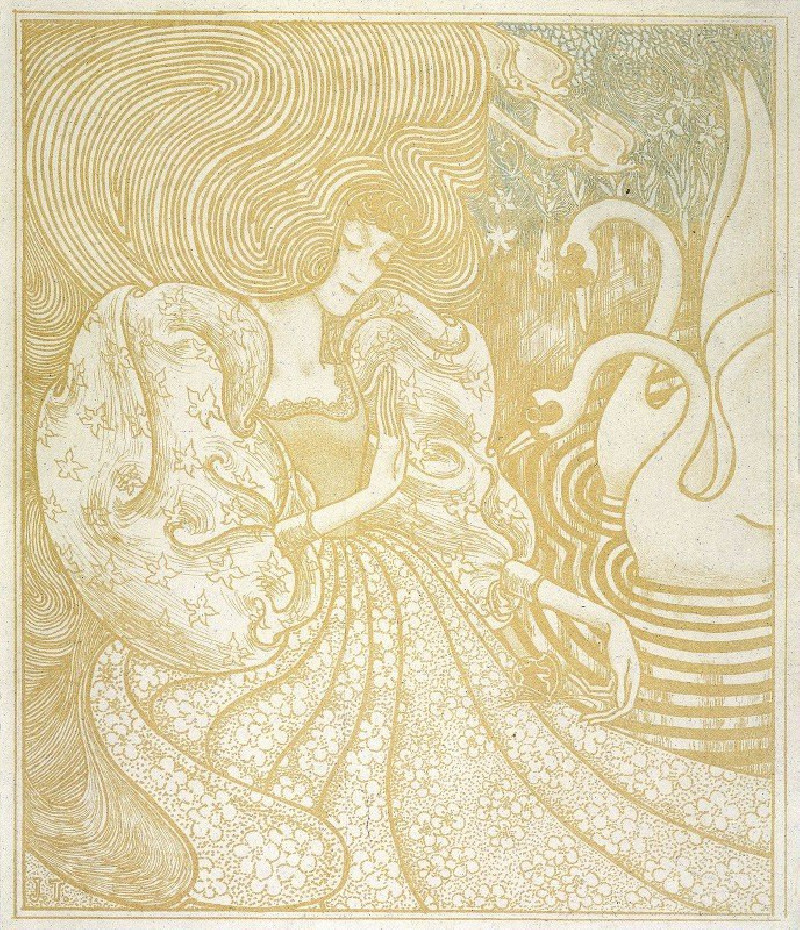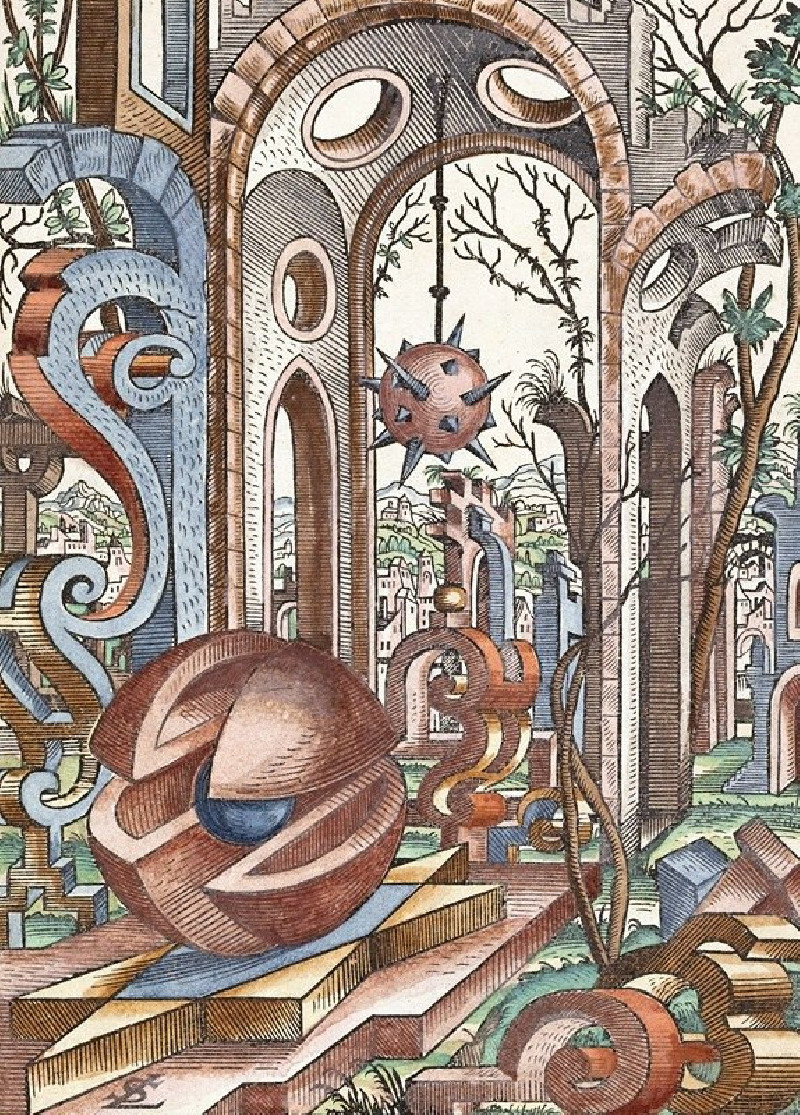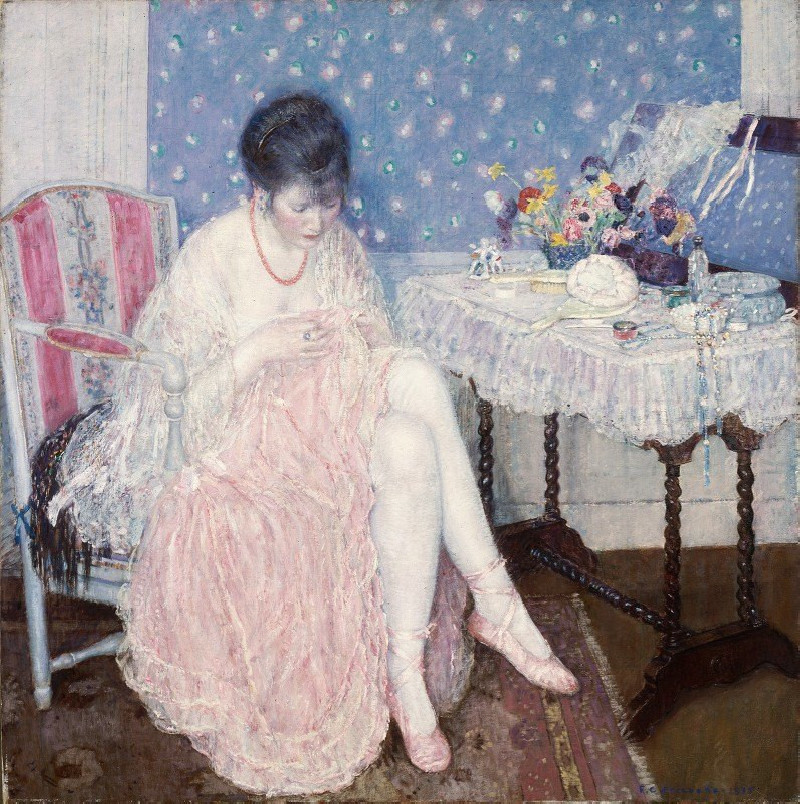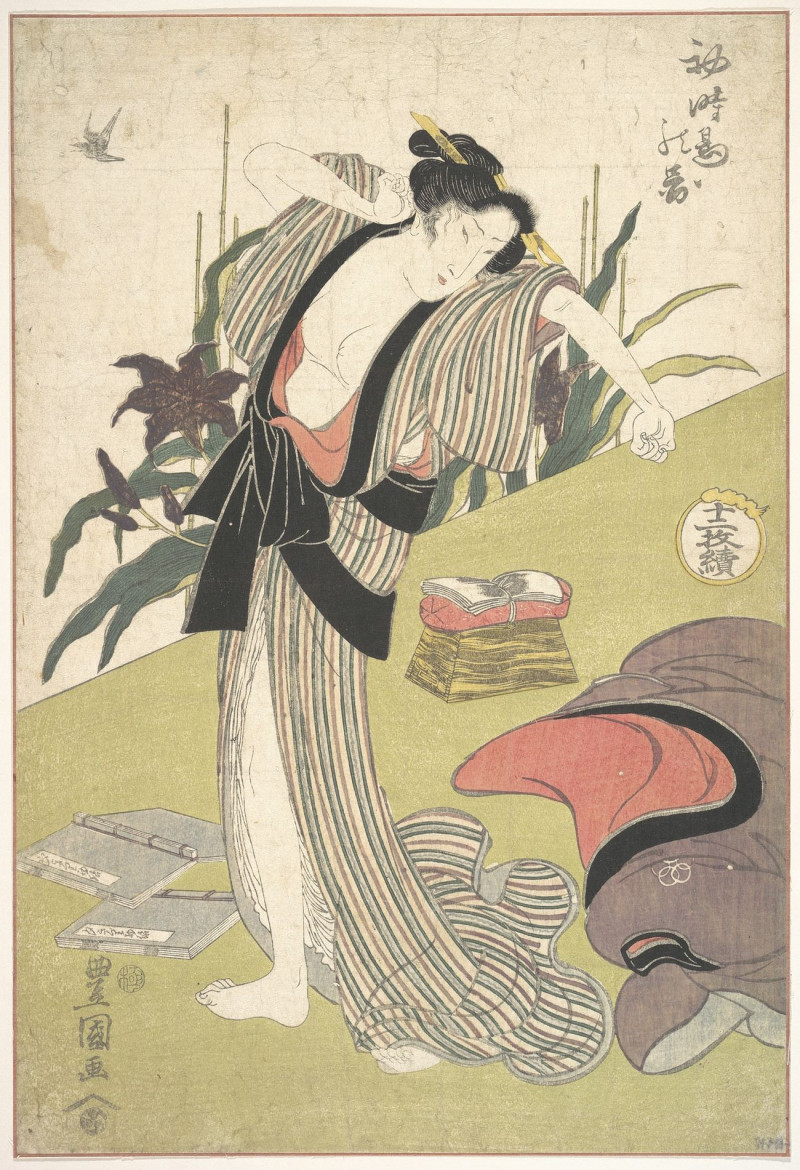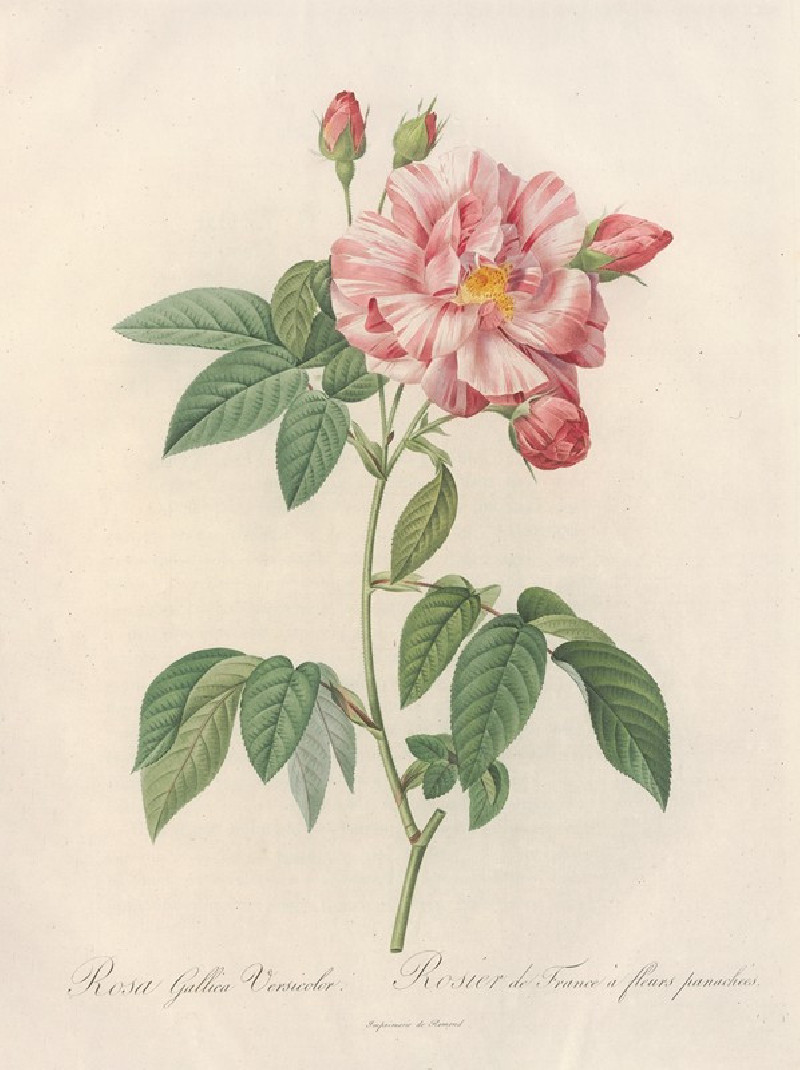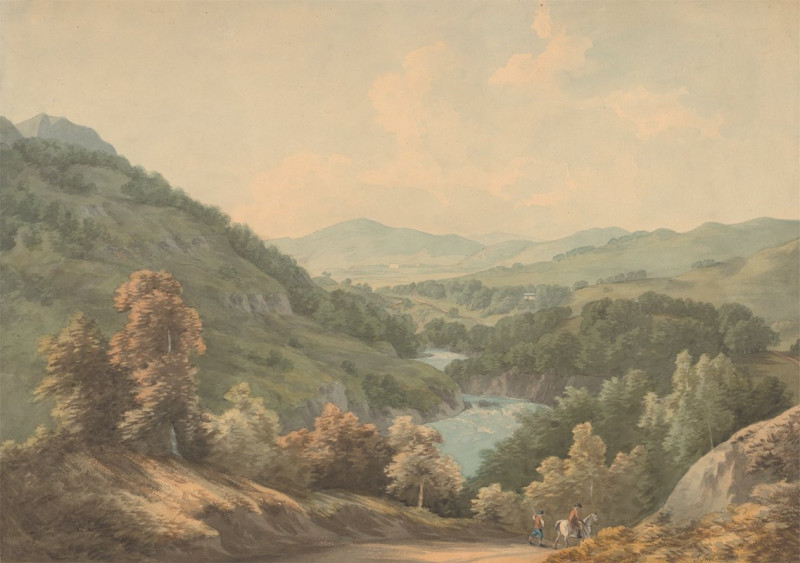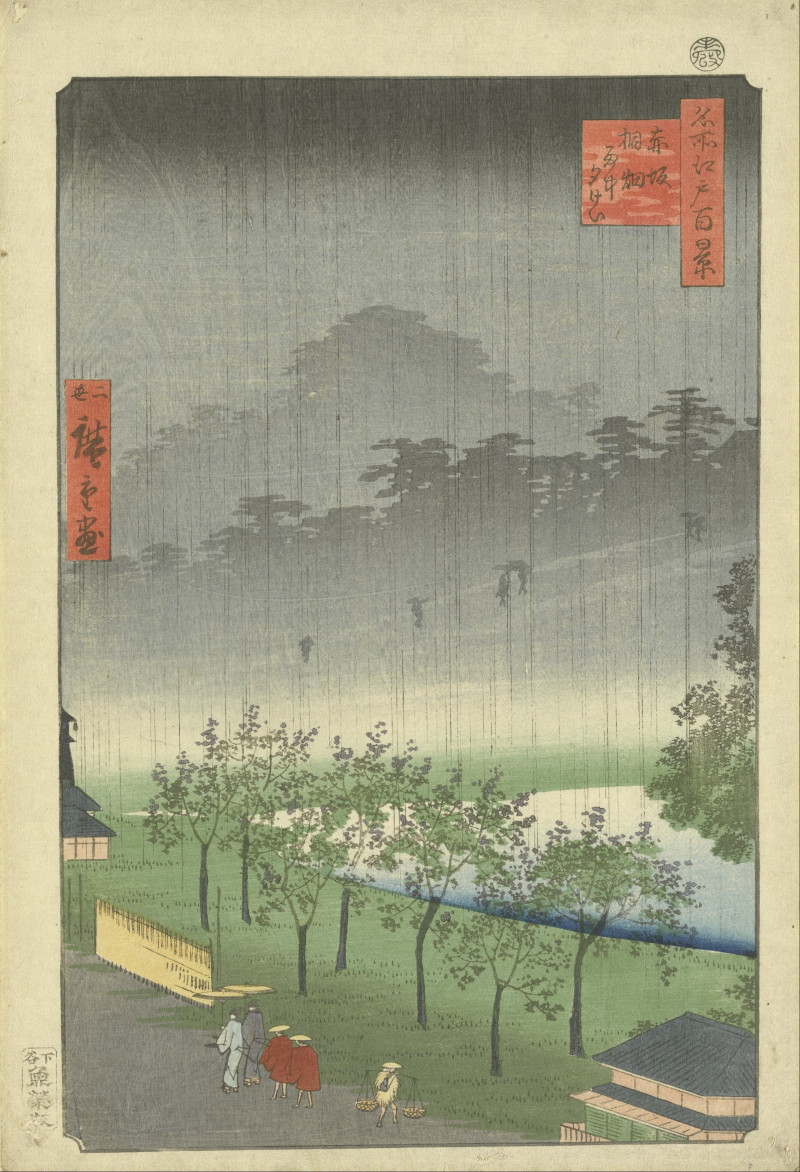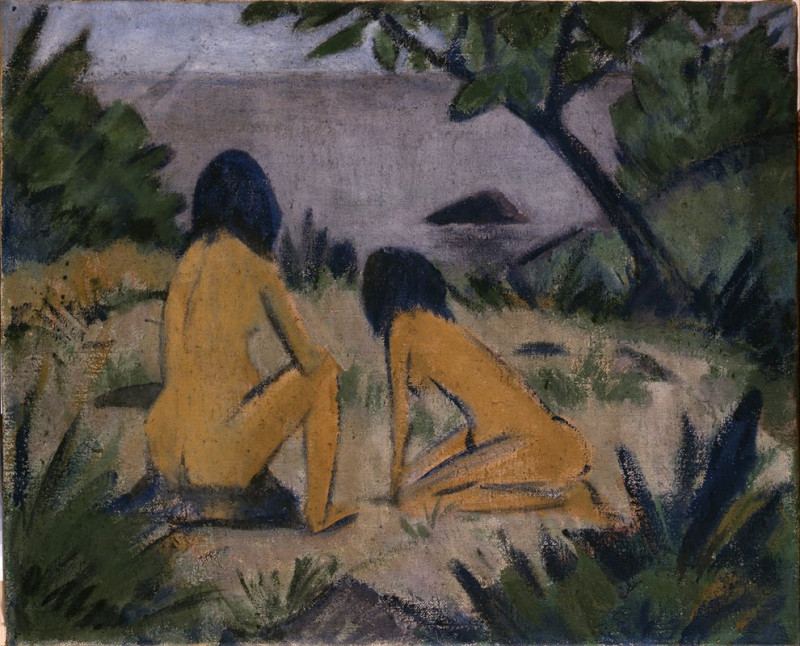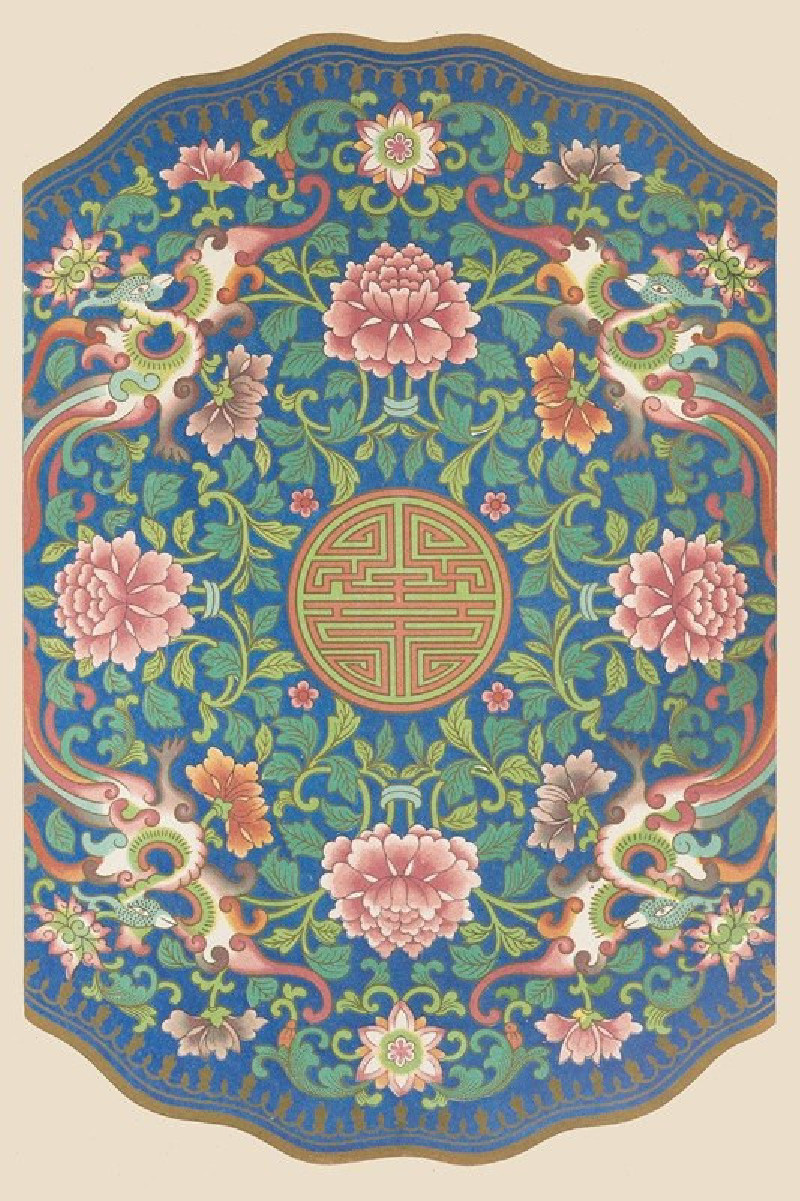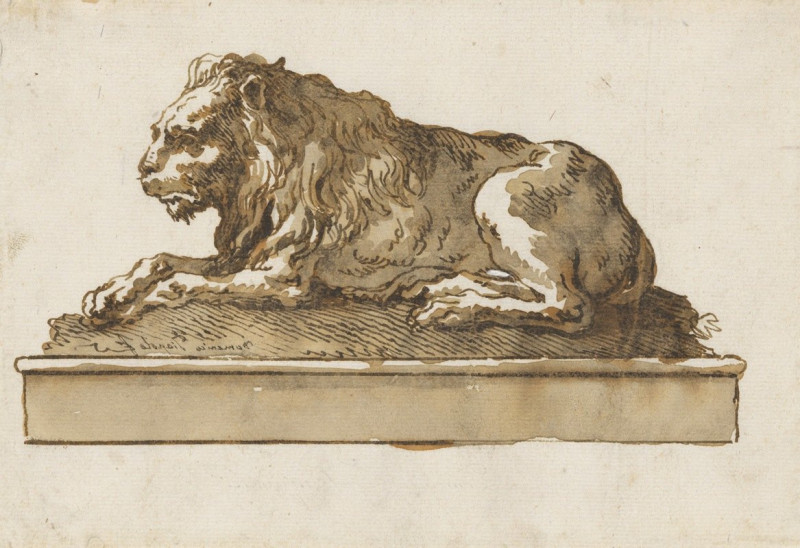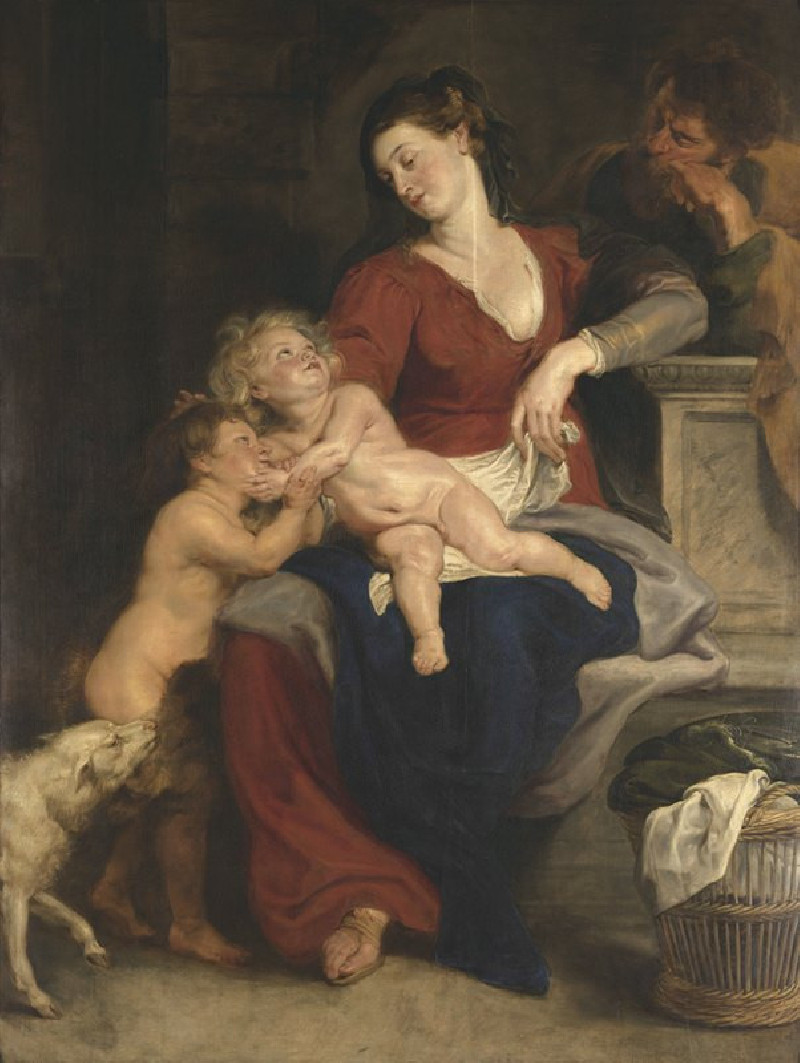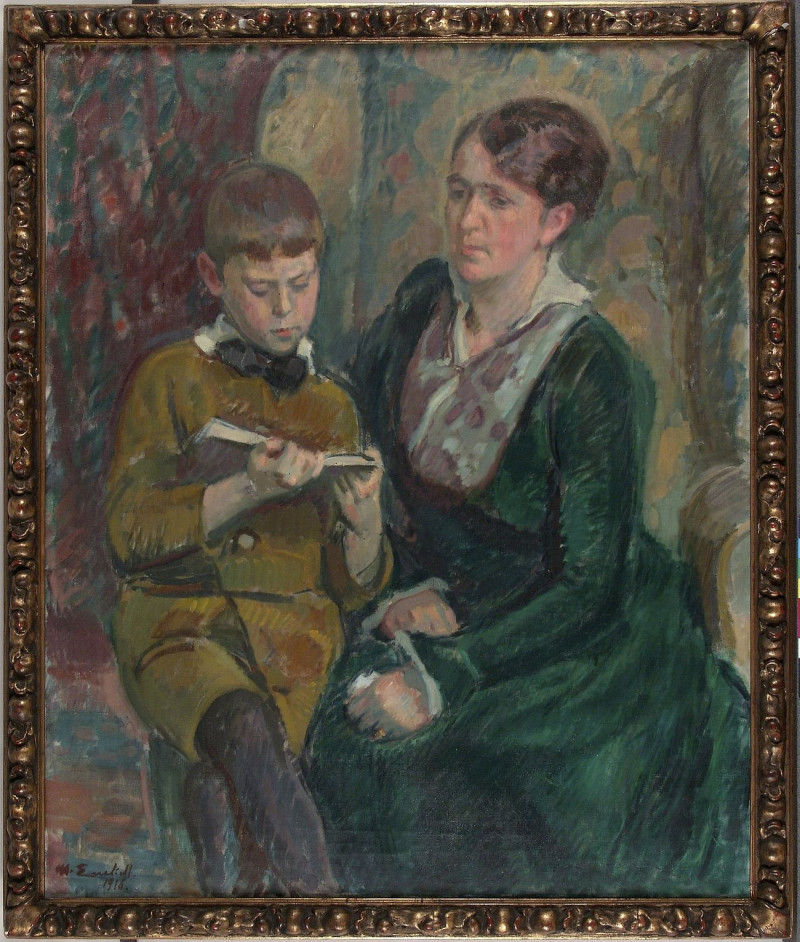Arthur Dove'S Sentimental Musicca
Technique: Giclée quality print
Recommended by our customers
More about this artwork
The painting "Sentimental Musicca" by Arthur Dove conveys a complex interplay of abstract forms and evocative color palettes that are indicative of the artist's unique style. In this artwork, there is a fluid arrangement of shapes—some are rounded and bulbous, others are more organic and undulating. The colors employed are mostly earthy tones, such as muted pinks, grays, and blacks, with occasional touches of white that bring a sense of depth and highlight to the composition.Dove, known for his contributions to American abstract art, often aimed to capture the essence of his subjects rather than their literal form, and "Sentimental Musicca" exemplifies this approach. The painting seems to swirl with motion—the forms twist and turn, suggesting movement akin to musical rhythms and melodies. The title itself implies a connection to musical themes, which Dove frequently explored, suggesting that the visual elements could be his interpretation of musical sensations or emotions brought on by a sentimental piece.Overall, Dove's painting rejects straightforward representation, inviting viewers to engage with the work on an emotional level, stimulated by the abstraction and the title's suggestion of music. This piece is indeed a beautiful example of how abstract art can evoke feelings and ideas without needing to depict them directly.
Delivery
Returns
Arthur Dove was a Modernist American artist well known for landscapes and abstract paintings. Dove produced commercial illustration works for magazines including Harper’s Magazine. After returning from Paris, Dove met Alfred Stieglitz who mentored him. During his life, he created a number of inventive and distinguishing artworks using stylize abstract forms, often representing nature including sunrise, trees, water, waterfall, and thunderstorm. Dove’s fame continued to grow after his death. He is said to influence the first generation of Abstract Expressionists, such as Jackson Pollock and Mark Rothko.


